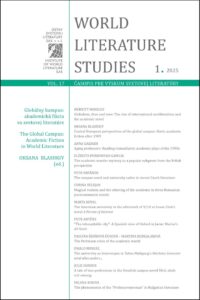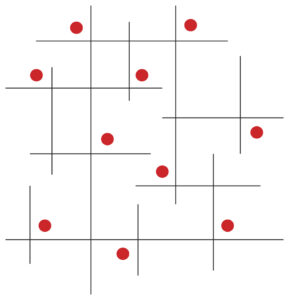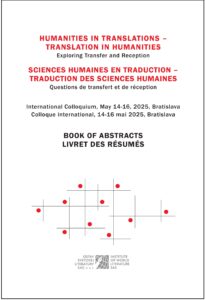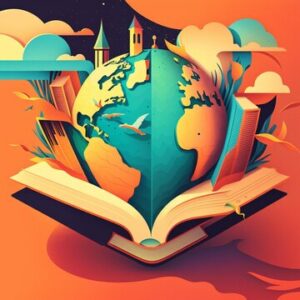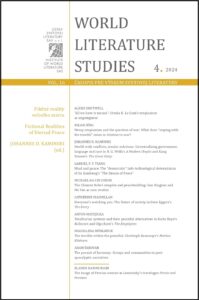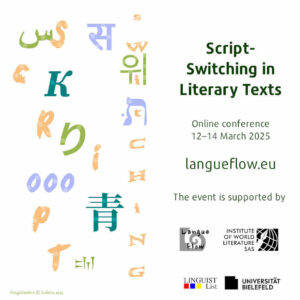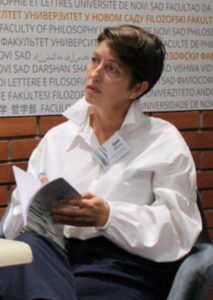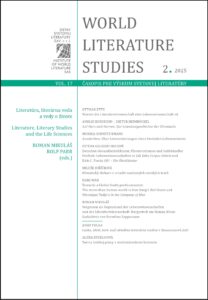 eds. Roman Mikuláš ‒ Rolf Parr
eds. Roman Mikuláš ‒ Rolf Parr
The studies on the topic of this issue give rise to a discussion of the extent to which the often postulated dominance of the life sciences affects the position of literary studies (and thus literature) in the current system of disciplines and their discourses and whether literary studies themselves can be understood as a type of life knowledge. From an interdiscursive perspective, the articles point to parallels between the discursive status of literature and that of the life sciences, since both combine specific discourses into new entities. The process of reflection brings up questions: what legitimizes the supposedly dominant position of the life sciences in the 21st century, and what are the prerequisites and forms of a fully-fledged communication between literature, literary studies, and life sciences?
World Literature Studies is an open access and print scholarly journal published quarterly by Institute of World Literature, Slovak Academy of Sciences. Licensed under Creative Commons BY-NC-ND 4.0. Subscriptions: Slovak Academic Press, s. r. o., Bazová 2, 821 08 Bratislava, sap@sappress.sk. Annual subscription: 40 €
Articles:
OTTMAR ETTE
Warum die Literaturwissenschaft eine Lebenswissenschaft ist
AMELIE BENDHEIM – DIETER HEIMBÖCKEL
Auf Herz und Nerven. Zur Literaturgeschichte der Ohnmacht
MONIKA SCHMITZ-EMANS
Aussterben. Über Literarisierungen eines liminalen Lebenswissens
ESTERA GŁUSZKO-BOZCOŃ
Zwischen Gesundheitsdiktatur, Ökoterrorismus und individueller Freiheit: Lebenswissenschaften in Juli Zehs Corpus Delicti und
Dirk C. Flecks GO! – Die Ökodiktatur
MILUŠE JUŘÍČKOVÁ
Klimatický diskurs v zrcadle současných norských textů
FANG WAN
Towards a Global South posthumanism: The more-than-human world in Han Song’s
Red Ocean and Véronique Tadjo’s In the Company of Men
ROMAN MIKULÁŠ
Vergessen als Gegenstand der Lebenswissenschaften
und der Literaturwissenschaft: Dargestellt am Roman Noras Gedächtnis von Dorothea Zeppezauer
JOSEF FULKA
Láska, afekt, text: nad několika textovými motivy v Rousseauově Julii
ALENA KYSELICOVÁ
Teória krátkej prózy v medzinárodnom kontexte
The full content of the issue with links to the individual texts can be found HERE.
